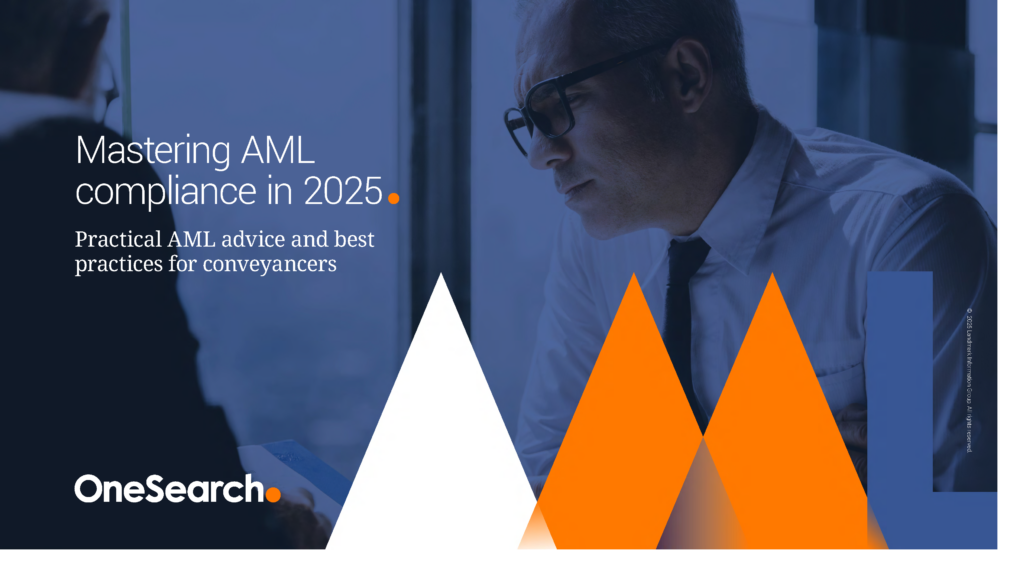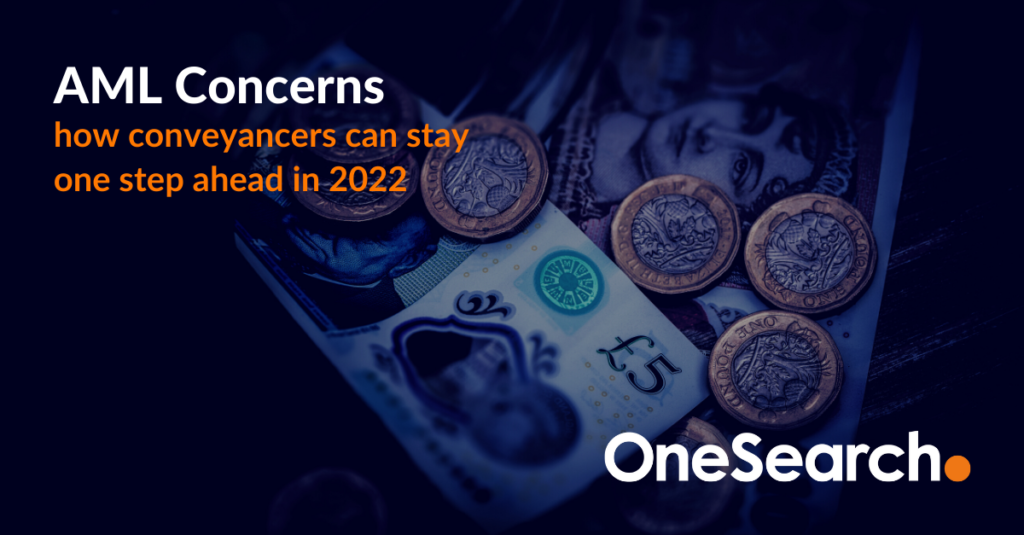
AML risks a top priority for the SRA into 2022 and conveyancers need to remain vigilant
We’ve seen caseload volumes return to more normal levels since the SDLT holiday ended. In a way, the industry is returning to some kind of normalcy. So, it’s a good time to ask:
Are AML criminals returning to “normal” as well?
The Financial Conduct Authority (FCA) highlighted in its 2020/21 report published in September:
“For some, the pandemic meant diverting resources away from AML supervisory activity, which inevitably affected the number of assessments they conducted.”
Now is a good time to refocus on AML and check your policies, procedures and training schedule is in order.
Conveyancers need to stay one step ahead of AML criminals
The UK is seen as a high-risk jurisdiction for money laundering. Conveyancing has been designated high risk because of the amounts of money that are moved.
To help tackle complacency, HMRC published a name-and-shame list of businesses that have not complied with the regulations, which includes a number of law firms and estate agencies.
The SRA is also adopting a tough stance with individuals banned from holding compliance roles, and firms issued with heavy fines.
In the 2020/21 AML Annual Report, the SRA stated the main cause of breaches were:
- Inadequate policies, controls and procedures
- Lack of supervision or training
- Staff not following set procedures
In addition, 273 reports of potential AML breaches were made, which most commonly involved no AML risk assessment.
Or failure to carry out:
- Source of funds check
- Customer due diligence
- Identity checks
Although complying with AML regulations can appear daunting, there are solutions available to help conveyancers of every size and budget.
The SRA highlighted major red flags all conveyancers should be monitoring
The SRA’s report states:
“The two areas where we continue to see the most risks relating to money laundering are conveyancing, including vendor fraud (where fraudsters try and sell a property without the consent or knowledge of the owner) and dubious investment schemes.”
The subsequent press release highlighted house sale fraud as one avenue criminals continue to pursue.
The SRA stresses the importance of conveyancer vigilance and lists the following red flags:
- the property price is significantly over or under the market value
- the seller or buyer is reluctant or unable to provide documents
- ID documents do not look genuine
- there is pressure to complete the transaction very quickly
- minimal work is instructed, for example, no searches are requested
- there are complex or unusual circumstances around the transaction
- it is a cash purchase of a property
- funds are coming from or going to unconnected third parties
Conducting these checks manually is time-consuming and prone to error. Ensuring the data you work from are up to date is a huge challenge for a busy conveyancer.
Electronic verification is helping conveyancers to stay compliant – efficiently
The SRA says, “electronic verification tools can help firms carry out these tasks, but it is important that firms use them appropriately.”
The Legal Sector Affinity Group (LSAG) agrees, acknowledging “In an increasingly digital age, it is clear that non-face-to-face customer onboarding can no longer be viewed as always high risk (although it remains a key risk factor to be assessed in the context of the wider relationship) – a more nuanced approach should therefore be adopted to these types of relationships.”
The LSAG goes on to say the use of electronic identification and verification (EID&V) tools may be helpful in that they:
- can improve efficiency in customer identification and verification at on-boarding
- allow the undertaking of checks that may be resource-intensive to be done more efficiently
- can be applied consistently from client to client
- can support ongoing due diligence and scrutiny of transactions
OneSearch’s AML offerings can help keep you compliant
We offer a number of Customer Due Diligence (CDD) checks to support your Know Your Customer (KYC) procedures.
GBG AML (Anti-Money Laundering) Check
This comprehensive report includes:
- UK Deceased Persons Database
- UK NCOA (Alert Flag) Database check
- International Sanctions (Enhanced) check
- International PEP (Enhanced)
This is a powerful combination of the GBG AML Check with a document check to ensure all your bases are covered when verifying the identity of your clients.
- This report on individuals returns seven proofs of identity from six independent sources, including Experian
- Equifax
- Dow Jones
- Companies House
In addition, the Dual CRA Bureau connectivity enables the highest ‘match & pass’ rate in the market.
You can simply add what you need to your order on a case-by-case basis.
Or, to ensure consistency across all cases and branches, set up your existing search bundles with the addition of an AML check.
1 in 4 of the top 500 law firms use the service we recommend and have made available on our ordering platform. To find out more about adding Anti-Money Laundering products to your bundles, call our Service Introduction Team on 01782 433 270 or email intro@onesearchdirect.co.uk.
Related Articles

Laughs, loyalty and lifelong learning: An interview with OneSearch’s Liz Jarvis

Covering your clients’ search costs with OneSearch Pledge

Streamline your ordering: new how-to videos are here!
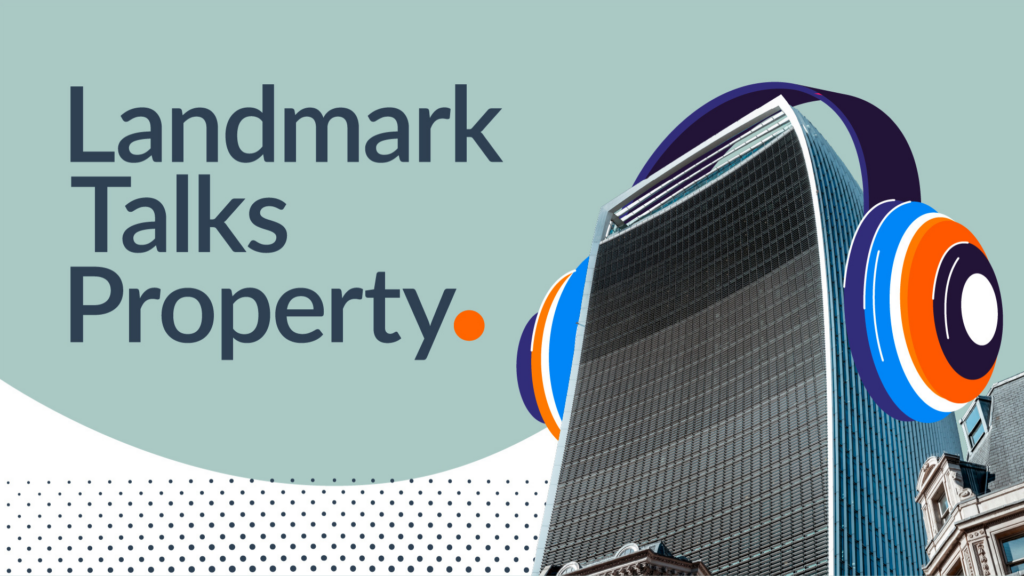
The AML golden triangle: aligning tech, people, & process in property transactions

7 reasons conveyancers choose OneSearch Prime for Local Searches
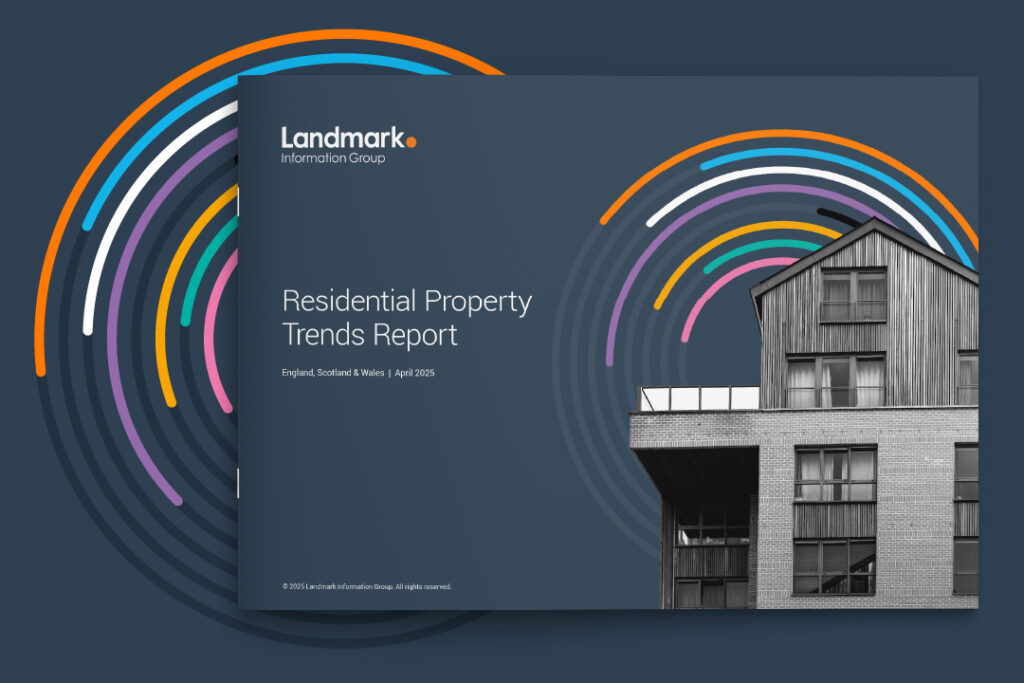
The Landmark Q1 2025 Residential Property Trends Report is now available
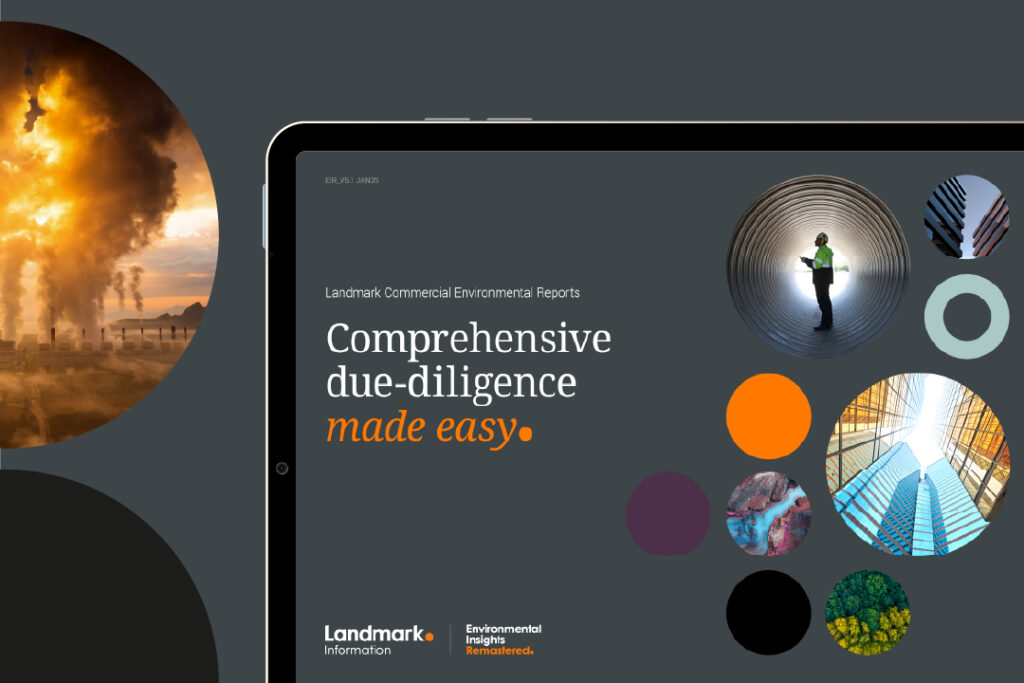
Landmark’s new commercial product portfolio has arrived
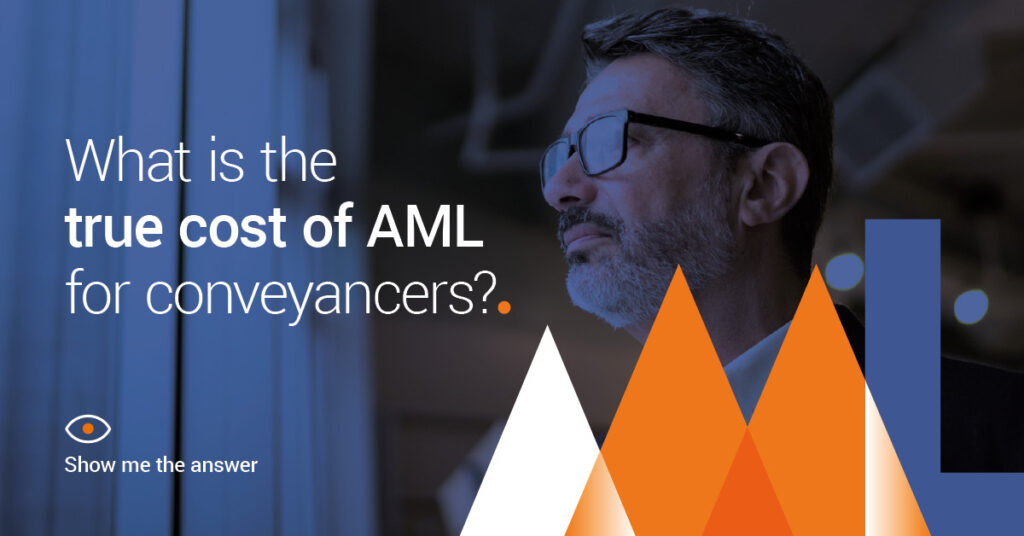
What is the true cost of AML for conveyancers?

What specific areas of conveyancing would most benefit from AI?
